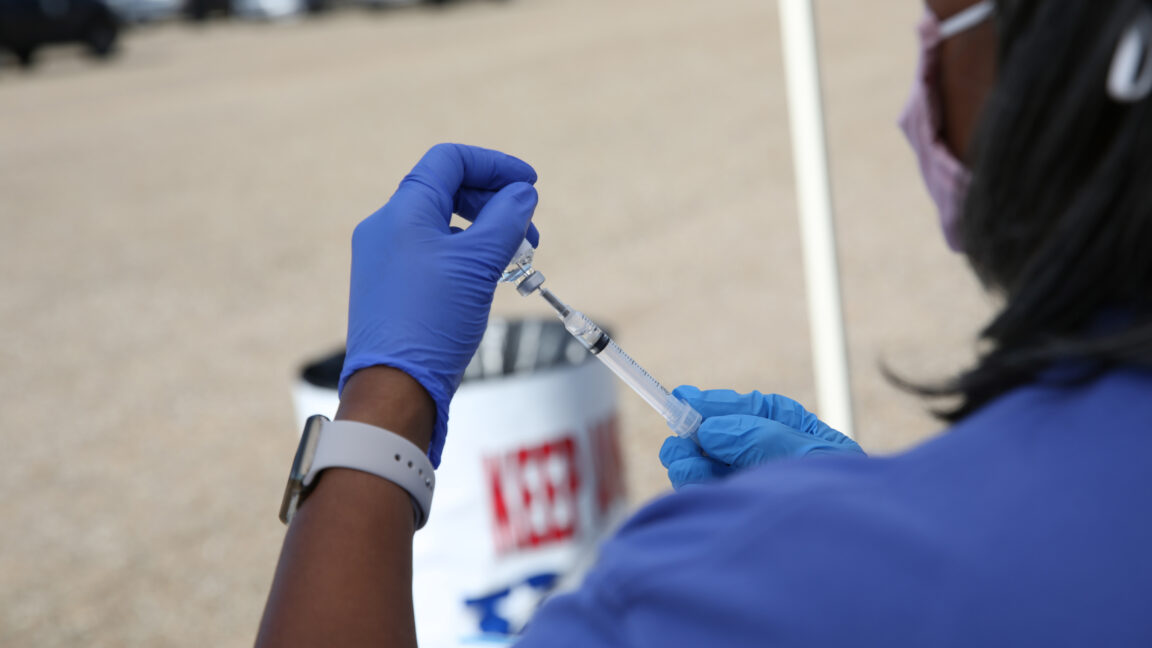Congress must act now to protect the future of diagnostic tests


By Walter G. Johnson
Nov. 15, 2024
Johnson is a postdoctoral fellow at the Center for Law and the Biosciences at Stanford Law School.
The 2024 election results will have vast consequences for health policy, but one of the less visible effects will be to once again disrupt how the federal government regulates diagnostic tests.
Clinical tests are vitally important to patients and providers because test results often guide our decisions about health and treatment plans. Yet, for decades now, regulation for diagnostics has been unclear and contested — a trend that appears likely to continue with an incoming Trump administration. To protect patients and give test developers a clearer regulatory environment, Congress should pass bipartisan legislation on diagnostics called the VALID Act that it has been discussing since 2018.
advertisement
Part of the issue stems from a nearly 50-year-old policy distinction between two types of diagnostic tests. The FDA already regulates tests that are made by one developer and sold as a “kit” to be used elsewhere, such as in a clinic or hospital setting, as well as those sold directly to consumers. But some of the most advanced and complicated diagnostics are done in-house at individual hospitals or laboratories, rather than sold to others as kits. These are often called laboratory-developed tests, or LDTs.
STAT+ Exclusive Story
Already have an account? Log in


This article is exclusive to STAT+ subscribers
Unlock this article — plus in-depth analysis, newsletters, premium events, and news alerts.
Already have an account? Log in
Monthly
$39
Totals $468 per year
$39/month Get StartedTotals $468 per year
Starter
$20
for 3 months, then $399/year
$20 for 3 months Get StartedThen $399/year
Annual
$399
Save 15%
$399/year Get StartedSave 15%
11+ Users
Custom
Savings start at 25%!
Request A Quote Request A QuoteSavings start at 25%!
2-10 Users
$300
Annually per user
$300/year Get Started$300 Annually per user
View All Plans
To read the rest of this story subscribe to STAT+.
Subscribe Log In Congress, diagnostics, FDA Submit a correction requestReprints-
Walter G. Johnson


Newsletter
The smartest thinkers in life sciences on what's happening — and what's to come









